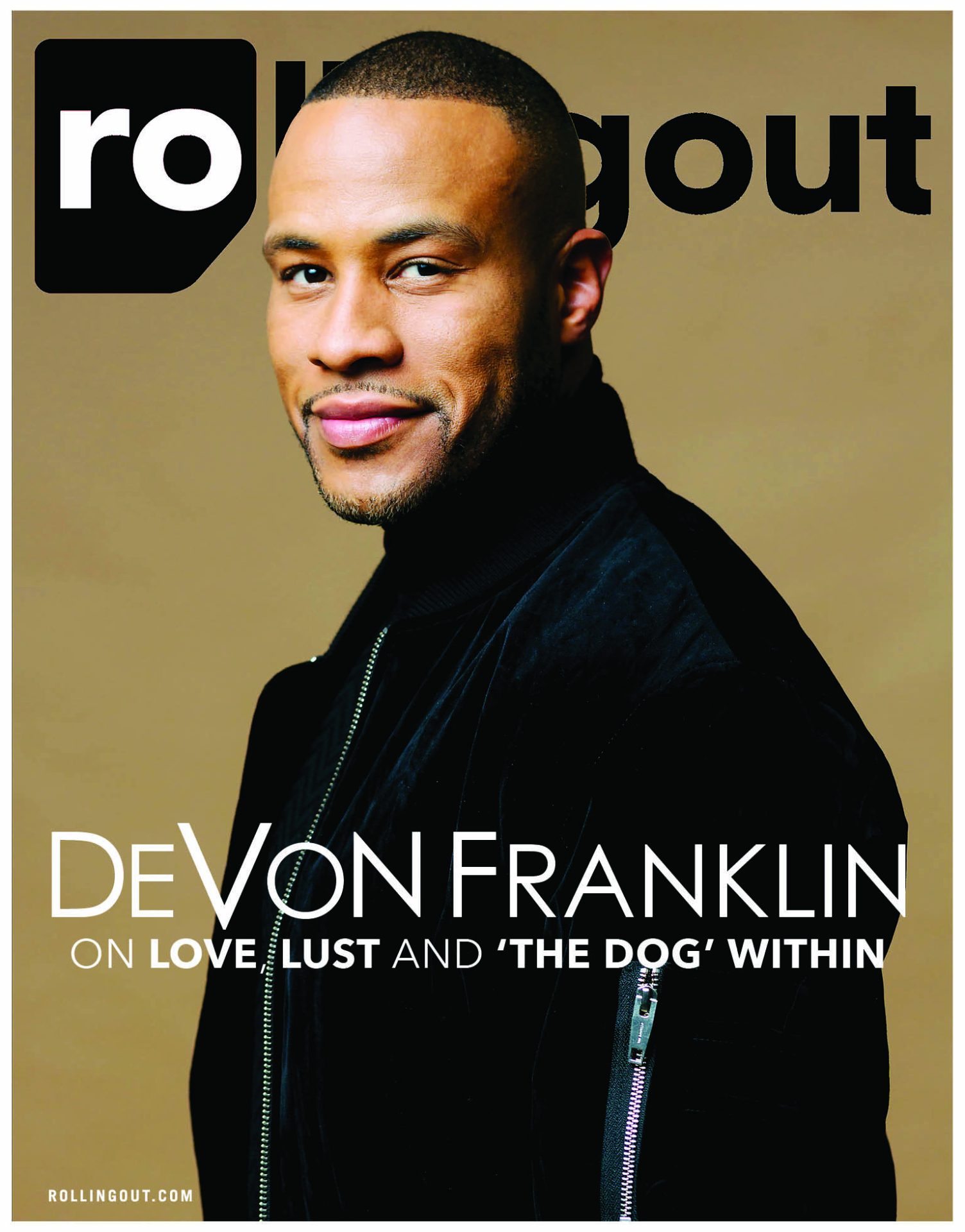And Malco has kept his eyes on what’s happening in Hollywood. He explains that there is a shift taking place, on television and in film, and he feels that black filmmakers and actors are in a position to thrive at unprecedented levels — if they take advantage of what’s happening.
“There were so many black TV pilots filmed this year,” Malco shares. “The networks didn’t go ‘We should make more black pilots.’ The advertisers saw that black people responded to the advertising on shows like ‘Real Husbands of Hollywood’ or shows like ‘Scandal.’ And they said ‘Black people are spending money. We need to get on that money-spending bandwagon.’ And the advertisers told networks, ‘You need to include more black people.’ What that says to me is, however it’s working out, black people are becoming more savvy and are beginning to understand their purchasing power. We’re starting to go ‘Oh, wait a minute.’
“Another factor is a lot of money for these studio films is raised overseas,” he continues. “So they’re making movies that cater to a non-English speaking demographic. … They’ve got to make [blockbusters like] 300 — because overseas they understand American action, they don’t understand American idioms. That’s cool — but guess who’s making that witty banter? Black people. We’re the ones out there making films between 2.5 and 5 million dollars, providing that service. And the domestic market that’s been neglected so long because of these big over-the-top studio movies — starts to engage [these black films] because they’ve got nothing else; the same way that [black people] used to engage back in the day because we didn’t have anything else. That’s how I’m seeing it. Maybe I’m burdened with optimism. But Think Like a Man would not have been as successful as it was without the mainstream market.”
Malco is excited to see what filmmakers like Packer and Tyler Perry are doing, and he would like for there to be less criticism from the black community just because a particular film or filmmaker doesn’t speak to every black person’s tastes.
“What really pisses me off is when black people will get on other black artists for the way they make movies,” he says. “Because of the fact that we don’t have that many black producers putting out films, we scrutinize the few that do. There are a lot more black movies being made than being seen. There’s a lot more to support and a lot more good movies that can be found. Just because they don’t make it to the larger theaters, doesn’t mean they’re not available. Once we use our purchasing power in that direction; watch the infrastructure appear.”
Malco may have made his Hollywood reputation as a funnyman, but he takes what he does very seriously. More than accolades and fame, he believes that he is in a unique position to raise awareness and elevate others like himself.
“I’m very passionate about getting young men to think outside of the programming,” he says. “People want you to believe that you have to go to an elite college in order to get a worthwhile job. They want you to believe that working a 9-to-5 and having a giant mortgage, or a giant student loan and a really nice car somehow fulfills you and gives you a sense of happiness. They want you to believe that somehow giving money to this crooked-a– pastor is going to heal your pain. They want you to believe the White House is real. But all of the effective activists that we know — they don’t even f— with the White House; they go straight to the corporations because that’s how you bring about change. The White House ain’t nothing but a phantom daddy — he ain’t even there.
“I just want to help people get out of this indoctrination. I want them to get off of this hamster wheel. Acting gives me the opportunity to speak to kids, give my perspective and maybe they’ll say ‘Damn, he just changed my whole game.’ That’s why it’s worth it to me. They could tell me to be a stand-in all day, if I get to do that, I’ll be that stand-in.”

















